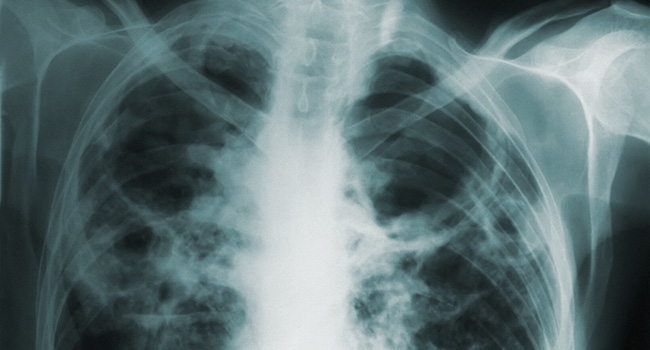
Idiopathic pulmonary fibrosis (IPF) is a severe lung disease that affects the tissue surrounding the air sacs in the lungs. It causes the lung tissue to become thickened and scarred, making it hard for the lungs to work correctly. This results in breathing difficulties and reduced oxygen levels in the body. The exact cause of pulmonary fibrosis is often unknown (idiopathic), but it can be linked to certain environmental exposures, genetics, and autoimmune disorders. Unfortunately, there is no cure for pulmonary fibrosis, but treatments like medication and oxygen therapy can help manage symptoms and improve the patient's quality of life.
Clinical Trial
GLPG1205 is a selective functional antagonist of G-protein-coupled receptor 84 (GPR84). GPR84 plays a crucial role in fibrotic processes, making it an attractive target for IPF treatment. The PINTA trial was conducted to assess the efficacy, safety, and tolerability of GLPG1205 for IPF. The PINTA trial was a phase 2, randomized, double-blind, placebo-controlled, proof-of-concept study.Sixty-eight patients diagnosed with IPF participated in the trial. They were randomly divided into two groups, with two-thirds receiving once-daily oral GLPG1205 at a dosage of 100 mg and the remaining third receiving a placebo for 26 weeks. Additionally, the patients were stratified to receive GLPG1205 either as a monotherapy or in combination with other standard-of-care treatments for IPF, such as nintedanib or pirfenidone.
